Tautog fishing has been strong for a few months now but that’s starting to change with a change in seasons. Reliable spots have been giving up just a few keeper sized fish, just a few shorts, or just simply none at all. Plus, autumn’s winds don’t help the boat fishing crowd. But, if you don’t hesitate, there’s a late season adventure before blackfish head south for the winter: catching them without green crabs. There’s also time to hit the surf for a run of migrating big bass reminiscent of those back in the day stories before autumn gives way and those winds get a lot colder.
First, let’s go crab-less for tautog.

But first, a very good diversion. There also are striped bass to be caught with tautog jigs and green crabs and hooking one with half a green crab is more common than you might think. A small social media survey filled quickly with stories of bass and even big bass falling for a blackfish rig.
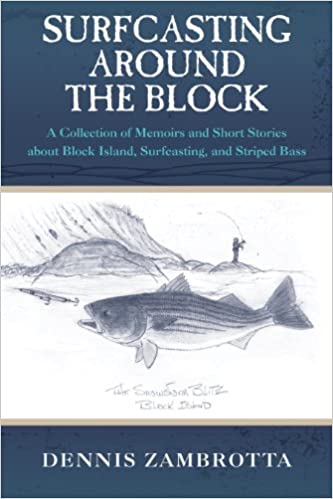
Dennis Zamborotta, who made a name for himself fishing Block Island back in the day and authored “Surfcasting Around the Block,” remembers a club member who, “landed a 35 lb. bass one summer at Sachuest Point while fishing for blackfish with green crabs.” Juan Roman of the very cool Facebook Group “Fishing Ct. Waters” landed a 27” bass the same way. Mike Wec, in typical generous style, advised anglers to use a, “small green crabs. Whole. Use a tog jig. In the claw knuckle and out the last leg. Keep it on the bottom for tog and sweep it up into the water column for striped bass.” That guy is one heck of a sportsman and always good to share intel. Virak Phann has caught a few over the years in East Providence and Jamestown. Then there’s Captain BJ Silvia, the quiet king of the seas who wisely spends his time on the water and not on social media, who put Big Ray on a forty pounder earlier this month. So clearly it can be done.
So, going crabless…
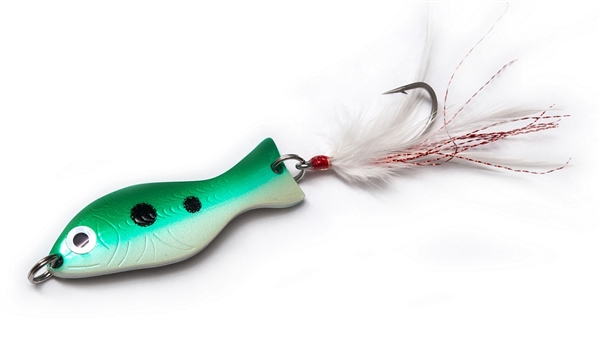
Traditional tautog fishing involves high low rigs, high quality bottom jigs and buckets of green crabs. Fair enough; that’s a formula that works but just to make things even more interesting, since it’s crazy 2020 and all, a few sharpies have been catching them without bait. Feeding in tight to rock piles, searching for crabs, clams, mussels, if there are any which haven’t been dragged up yet, and the occasional worm, black fish are ravenous predators and you can catch them in the right conditions with vertical jigs. There are a few conditions.
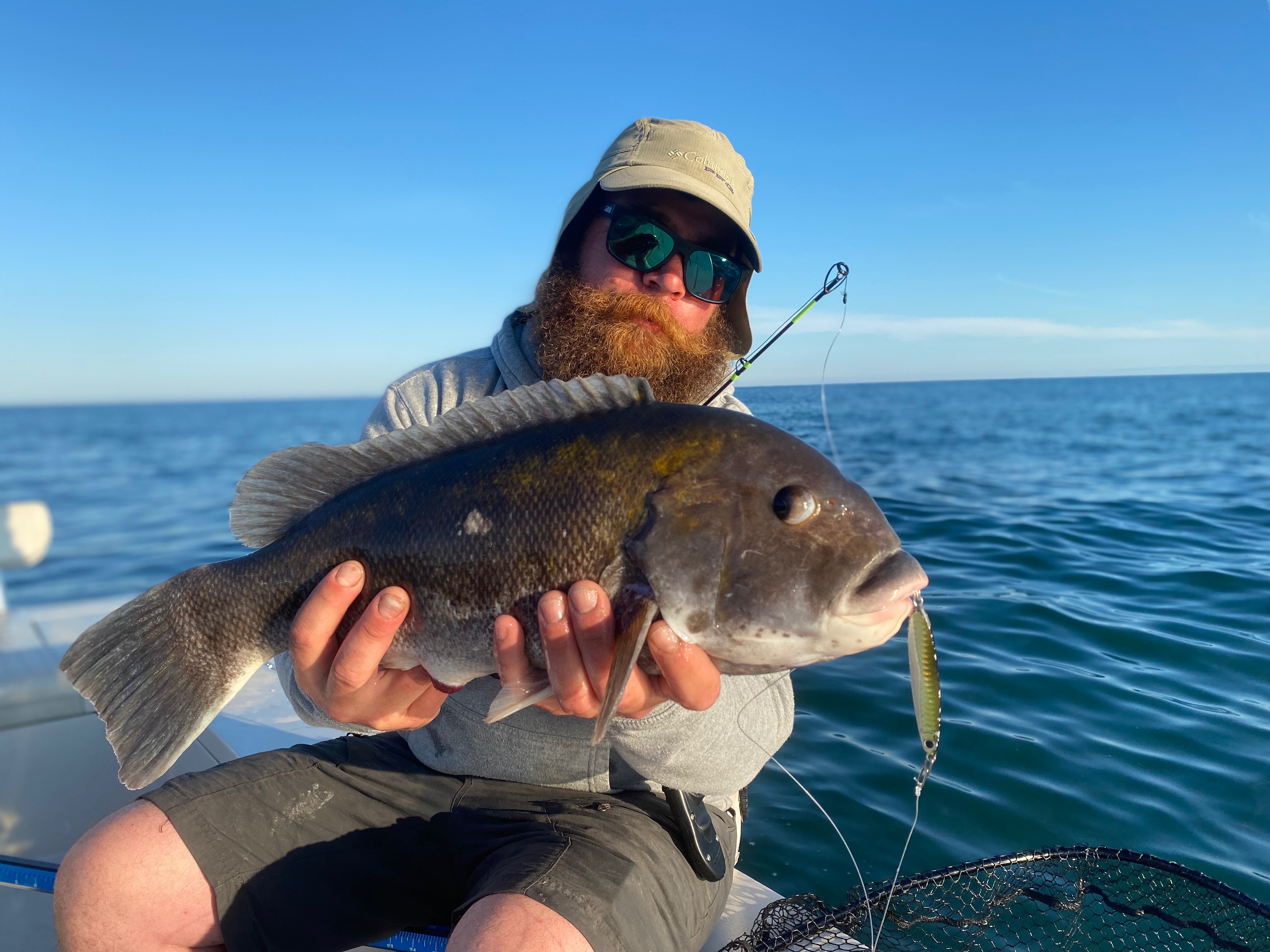
One is finding clear water and the right tide. Too much moving water causes the jig to swing and settle unevenly before making contact with the bottom. “You need a soft rod and thirty pound braid,” Greg Vespe on the Miss Colleen advised. “Dance the jig along the bottom; you’re not really jigging,” he said. Preferred spots are over broken rubble boulders and mussel beds, if you can even find one anymore. Crab-less jigging isn’t reliably effective over wrecks and very sticky large boulder reefs. “It’s best at soft tides, at their end or if you move to areas of sifter tides in general,” Vespe said. Fishing around a small island in Narragansett Bay often provides spots during roaring tides were small areas of water move slowly or even in the opposite direction. Those are key spots to record in you logs. He also recommends using treble hooks as opposed to singles as tautog will pick at the lure versus swallowing it.
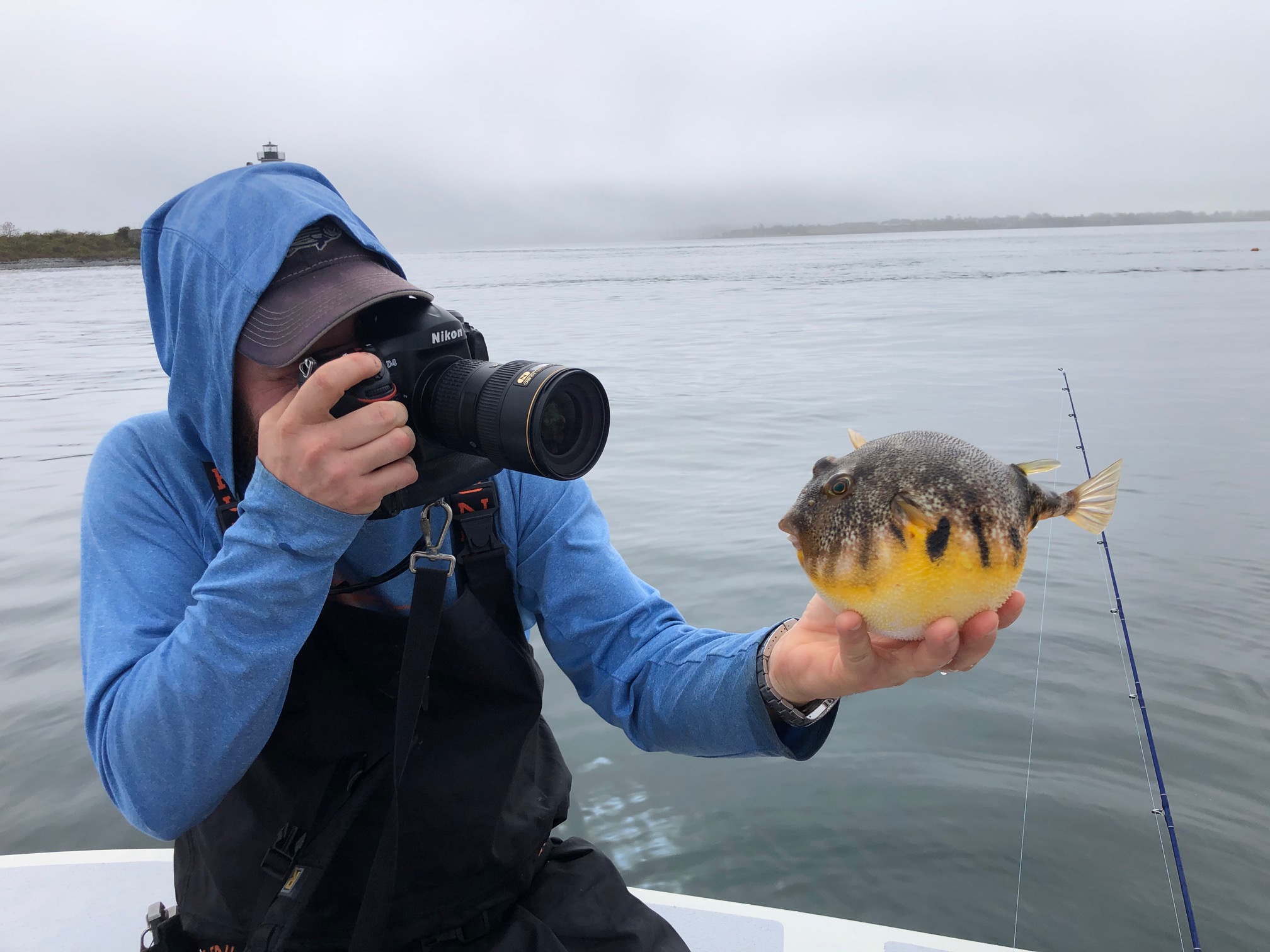
JoeBaggs jigs in orange and black were winners on a recent trip. For straight ahead jigs, try Shimano Colt Snipers 43 gram in Ahi Brown and chartreuse green Al’s Goldfish Saltwater Series spoons.
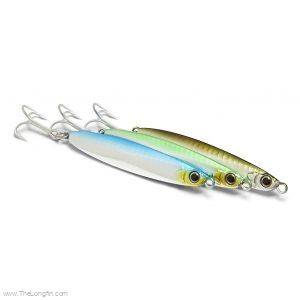
On a recent Miss Colleen trip, the first tog over the rails while everyone prepared their crab segments fell for a Colt Sniper. Proof positive. Epoxy jigs can be effective but tend to be a bit light for the jigging. A sensitive jigging rod, like the Daiwa 70 MHB Harrier can offer you enough feel to recognize when your jig touches down and even if it rolls over to sit just right. That said, any spinning rod with a solid backbone could work well.
Because we enjoy such a healthy tautog fishery, it’s worth asking that we return as many females as possible to keep the cycle healthy. We’re in a good place with togs and it would be great to stay that way.
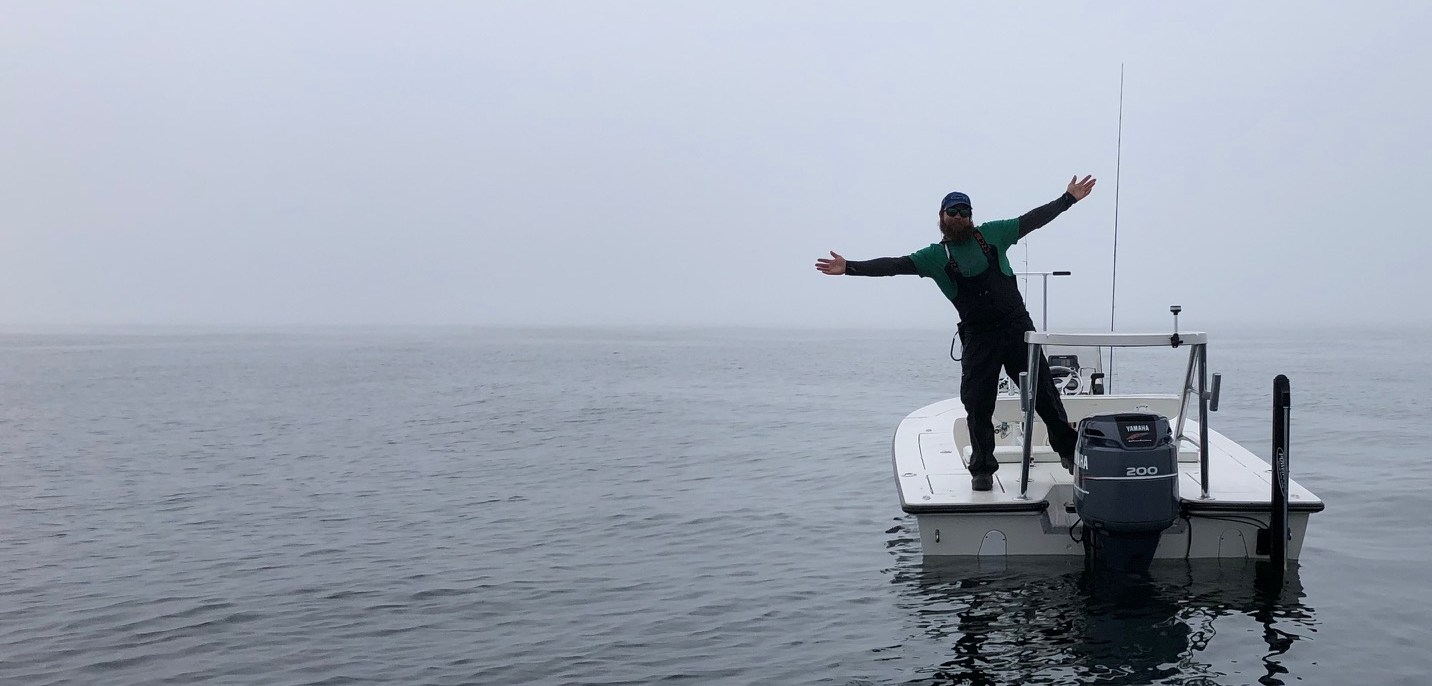
2020 has been a year like no other, from pandemics and virtual schooling to missing out on in-person fishing club meetings, but this season, there are bass feeding on crabs, black fish feeding on bare hooks and, we can only hope, possibly a season ending shot of fish around Block Island’s Church at Southwest Point for Thanksgiving, just like back in the day.



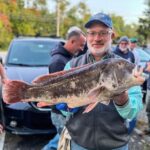


0 Comments